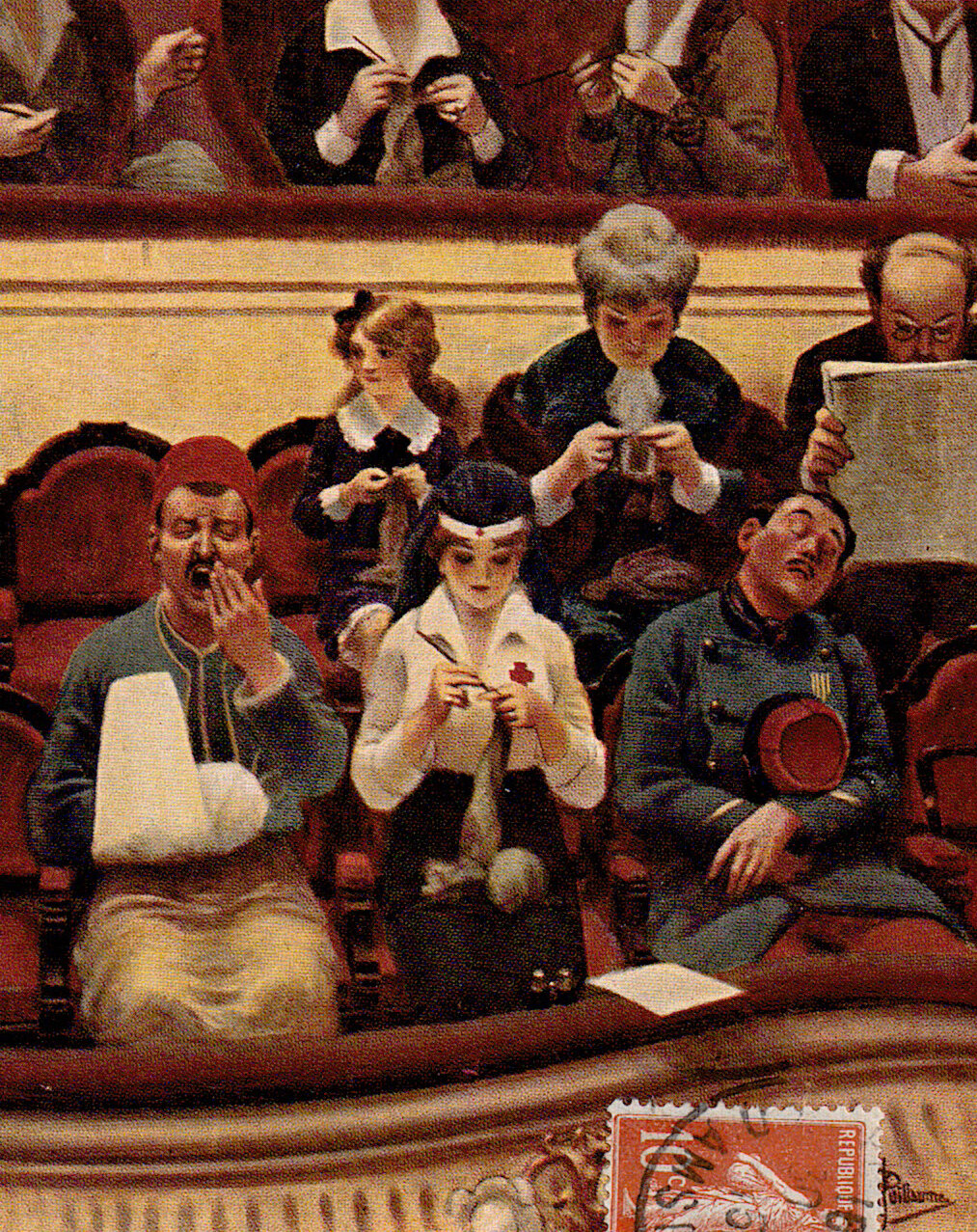Sleep Spells

Few things will throw off a battle like the party mage falling asleep in the middle of casting fireball.
Few things will throw off a battle like the party mage falling asleep in the middle of casting fireball.
Of all the myriad medical conditions which can affect a creature, many of them are scary and many of them are hilarious. Relatively few are both, but of those that are, the first one that usually comes to my mind is narcolepsy. I don't mean for these comments to sound cold or insensitive, because narcolepsy can be a really terrible illness with profound and life-altering implications for the person suffering from it. Like any illness which your players or someone they love might actually suffer from, using narcolepsy in a game is something that should be handled tastefully and sensitively. None the less, the fact remains that a major villain who falls asleep in the middle of a monologue is inherently comedic.
Narcolepsy is a disorder wherein a malfunction in the brain causes a person to become suddenly and irresistibly tired during the day. When the disorder is mild, this might mean simply that the person gets drowsy and needs to go have a nap most afternoons. If it's severe, it can lead to a person falling asleep several times per day, perhaps while driving or carrying hot objects. The sleepiness doesn't necessarily result in suddenly falling asleep, but a person with irresistible sleepiness can't perform most tasks as well, and some people begin to perform automatic movements or tasks in a sleepwalker-like fashion, with no memory afterwards. The more the person sleeps during the day, the more likely they are to have insomnia at night, leading to a vicious cycle of fatigue, impaired functioning, vivid and sometimes terrifying dreams, and a generally impaired life. The disorder usually has some other odd features to it, the most famous being that many sufferers experience cataplexy, a sudden loss of muscle tone that's usually triggered by strong emotions, especially laughter or humour. Someone who experiences cataplexy has the unfortunate trait where a few times per month, all too often in social situations, they suddenly collapse into a nerveless paralysis, which can be a pretty terrifying (to say nothing of embarrassing) experience both for the person and anyone who witnesses it. Another classic symptom is sleep paralysis, which can also occur in other disorders. In sleep paralysis, a person awakens from sleep, often in the middle of the night, with a complete paralysis of the body. These awakenings are not uncommonly associated with vivid hallucinations, meaning that in addition to being paralyzed, the individual may see a demon or monster looming over them and be unable to do anything about it. Unsurprisingly, people with narcolepsy are at risk of being socially isolated, depressed, and suicidal.
Narcolepsy isn't a common disorder, as you might imagine, and at any rate, I've never seen a case in the course of my career. It's thought to affect about 0.02% of the population, or 1 in every five thousand people, and is probably seen in men and women more or less equally. The disorder tends to first appear in adolescence or young adulthood, but more rarely can appear later; it can be sudden, or begin with mild symptoms and worsen over time. The vast majority of cases are believed to be the result of an autoimmune process, wherein the body's immune system mistakenly destroys a particular type of cell in the brain that plays a role in regulating sleep and dreaming.
In a game, narcolepsy can be used in a few interesting ways. In sillier games, a villain might have narcolepsy; since cataplexy is brought on by humour, the villain has the curious habit of falling down paralyzed every time he has a moment of maniacal laughter. In more serious games, narcolepsy might somehow be afflicted on characters, causing them to suffer mounting fatigue penalties and experience dangerous episodes of falling asleep or becoming momentarily paralyzed in combat or social encounters. Different races might be affected by narcolepsy as well. Ordinarily, elves don't require sleep; could an elf develop narcolepsy, or would they be immune to it? What happens to creatures with natural ties to the planes of dreams when they fall asleep uncontrollably?
Narcolepsy also presents an opportunity to make magical healing a bit more complicated in your players' minds. A character who receives a cure disease spell early in developing the disorder might be fully cured, because the spell corrects their autoimmune condition. In contrast, a character with more advanced or magically afflicted by narcolepsy might be shocked to discover that cure disease is of no help, and an entire storyline could then revolve around their discovering that the illness is caused by brain damage and therefore requires a regeneration spell to repair. There's ample room here for a storyteller to play with players' expectations of how illnesses work.
More than four years ago, Dr. Eris Lis, M.D., began writing a series of brilliant and informative posts on RPGs through the eyes of a medical professional, and this is the one that appeared here on March 8, 2015. Lis is a physician, gamer, and author of the Skirmisher Publishing LLC OGL sourcebook Insults & Injuries, which is also available for the Pathfinder RPG system.






